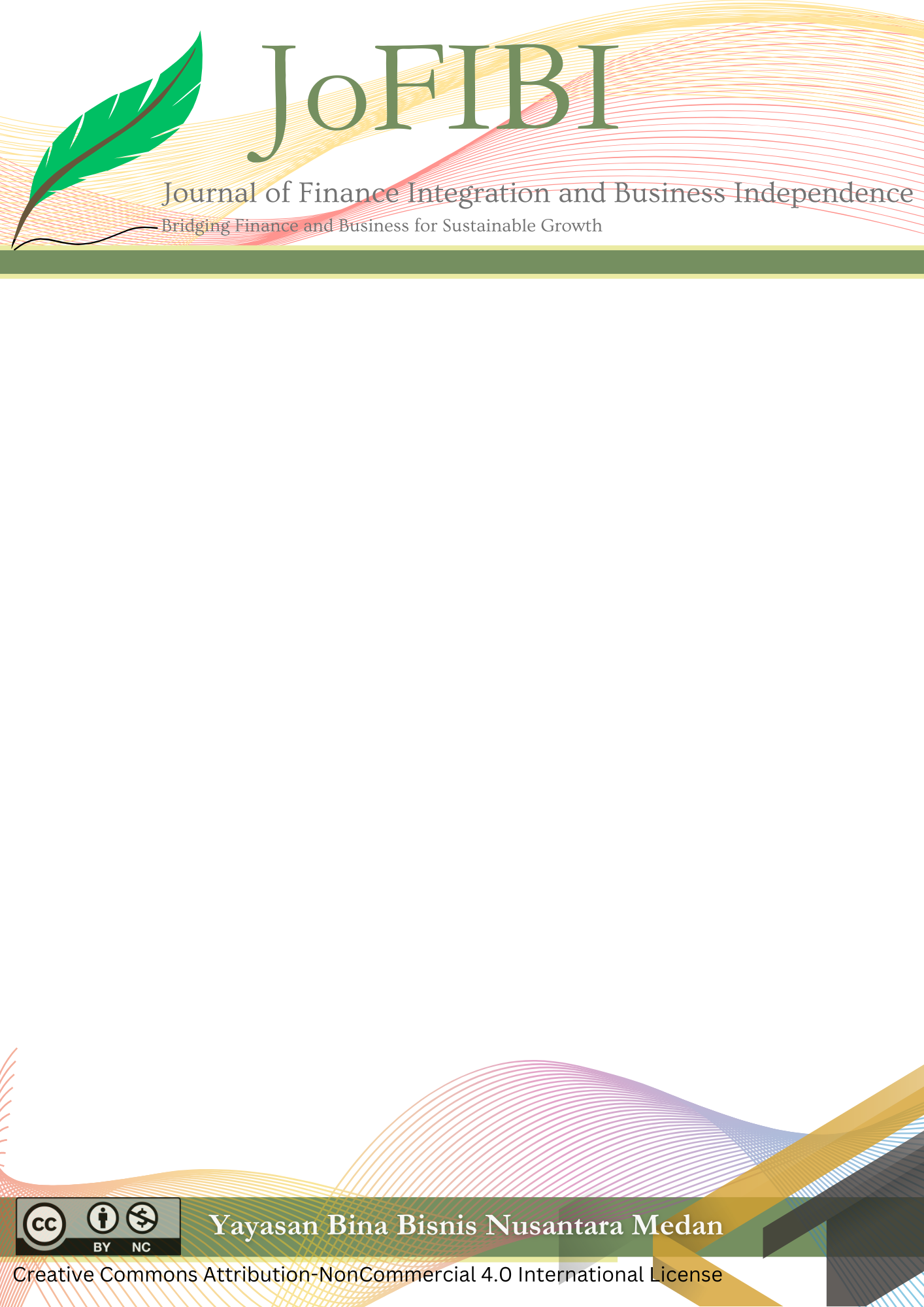E-ISSN: 3090-2746


Journal of Finance Integration and Business Independence (JoFIBI) maintains the highest standards of academic integrity and originality in scholarly publishing. Plagiarism in any form is strictly unacceptable, and the journal enforces robust measures to prevent and address such violations.
Plagiarism includes, but is not limited to:
Minor Plagiarism (small portions of text copied without citation):
Moderate Plagiarism (significant copied content without acknowledgment):
Severe Plagiarism (substantial copied content, self-plagiarism, or complete duplication):
Authors must:
To promote ethical writing and prevent plagiarism, JoFIBI:
By enforcing this plagiarism policy, JoFIBI ensures that all published work maintains academic integrity, credibility, and trustworthiness, fostering a culture of originality and ethical scholarship.
E-ISSN: 3090-2746


CALL Me

Information
Journal of Finance Integration and Business Independence (JoFIBI)
 JoFIBI is licensed under a Creative Commons Attribution-NonCommercial International License
JoFIBI is licensed under a Creative Commons Attribution-NonCommercial International License
Published by:
YAYASAN BINA BISNIS NUSANTARA MEDAN
PERUM SRI GUNTING BLOK VA/7 Kel. SEI BERAS SEKATA
Kec. Sunggal, Kab. Deli Serdang Sumatera Utara 20128
email : adminfibi@nafasjournal.com
